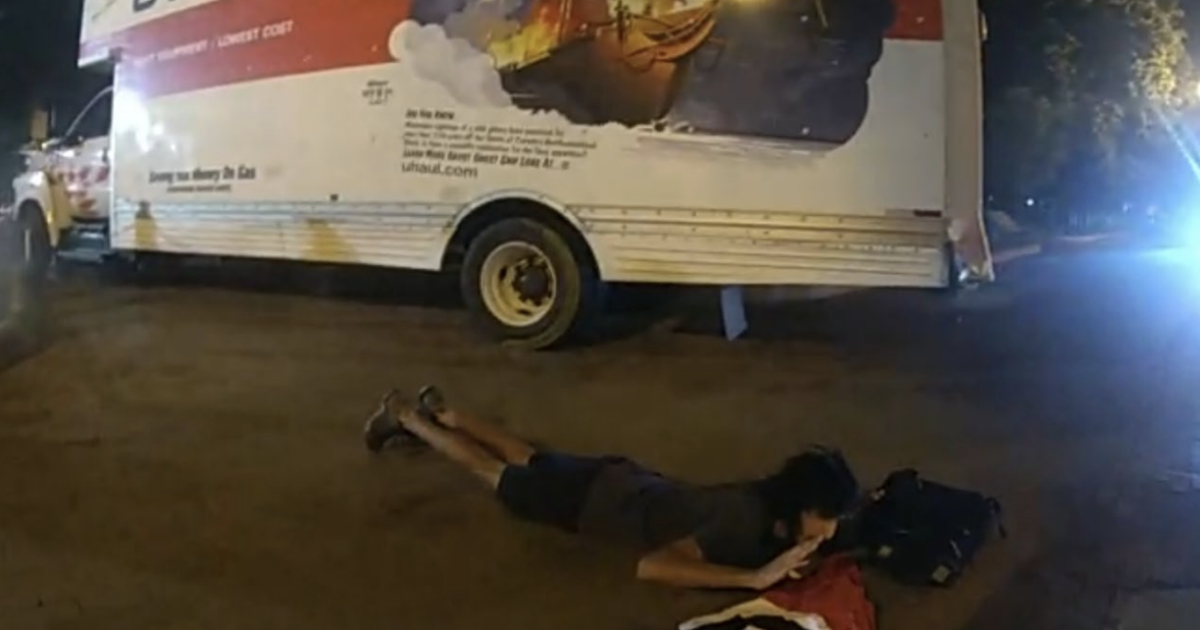Sai Kandula, a 20-year-old Missouri man, appeared in a Washington, D.C., federal courtroom after crashing a U-Haul into a White House security barrier in May 2023. Kandula pleaded guilty to a federal charge of willful depredation of federal property and admitted to deliberately crashing into the security bollard in an attempt to seize power at the White House and establish a dictatorship aligned with Nazi beliefs. He had a Nazi flag with him when he was arrested, and he expressed his goal of taking over the White House and being in charge of the nation. Kandula faces a recommended 8 years in prison and a possible terrorism enhancement at his sentencing on Aug. 23.
During court proceedings, Kandula revealed that he had recently started taking medication for schizophrenia while in pretrial detention. A psychiatric witness is expected to speak about his health during the August sentencing hearing. Kandula’s statement of facts indicated that he had been planning the attack for six months and was willing to kill the President and anyone who stood in his way to achieve his goal. The Justice Department estimated the damage caused by Kandula’s actions to be around $4,322 at the White House.
Kandula’s plea agreement hearing was attended by CBS News, where prosecutors and the judge discussed the possibility of a terrorism enhancement at his sentencing. The federal charge he pleaded guilty to carries a maximum prison term of 10 years and a maximum fine of $250,000. Kandula’s acknowledgment of his actions and intentions to seize power and establish a dictatorship aligned with Nazi beliefs raised concerns about his mental health and the potential threat he posed. The case highlighted the importance of addressing mental health issues and the risks of extremist ideologies.
The incident involving Sai Kandula crashing a U-Haul into a White House security barrier underscored the ongoing security threats faced by government institutions and public figures. Kandula’s actions reflected a dangerous combination of extremist beliefs, violent intentions, and mental health issues that posed a significant risk to public safety. The case served as a reminder of the need for vigilance, preparedness, and appropriate measures to prevent and respond to potential security threats. The upcoming sentencing hearing will provide further insights into Kandula’s mental health and motivations, shedding light on the factors that led to his criminal actions.









